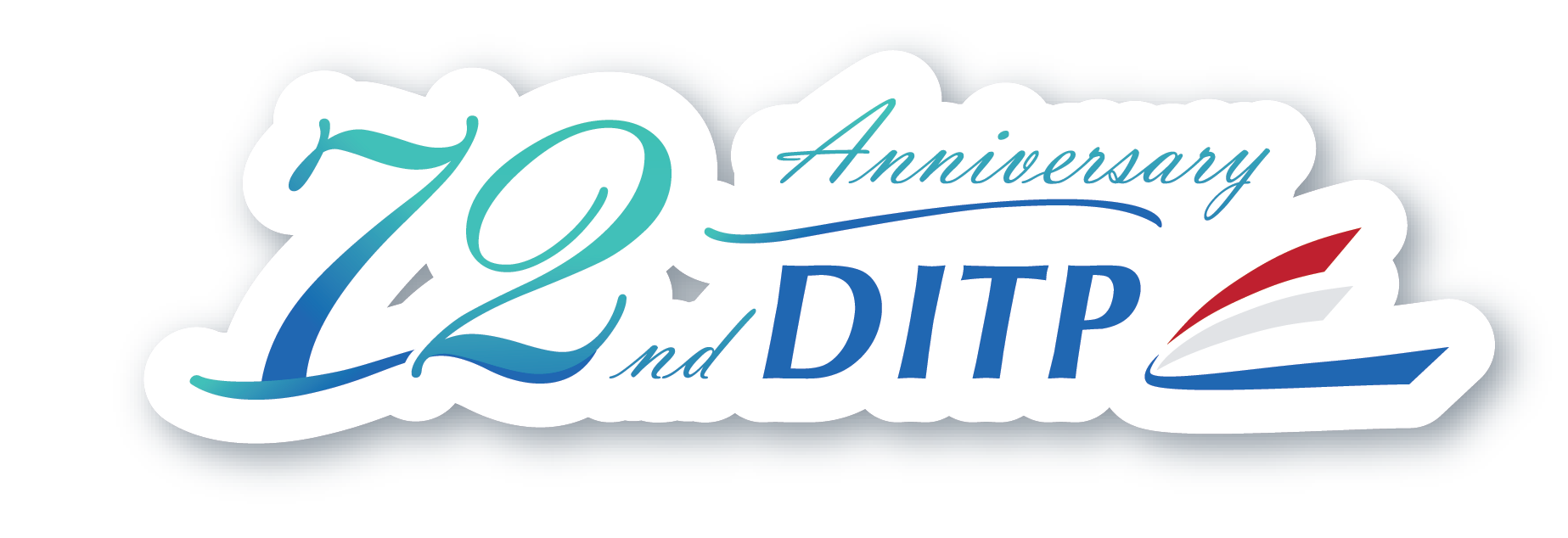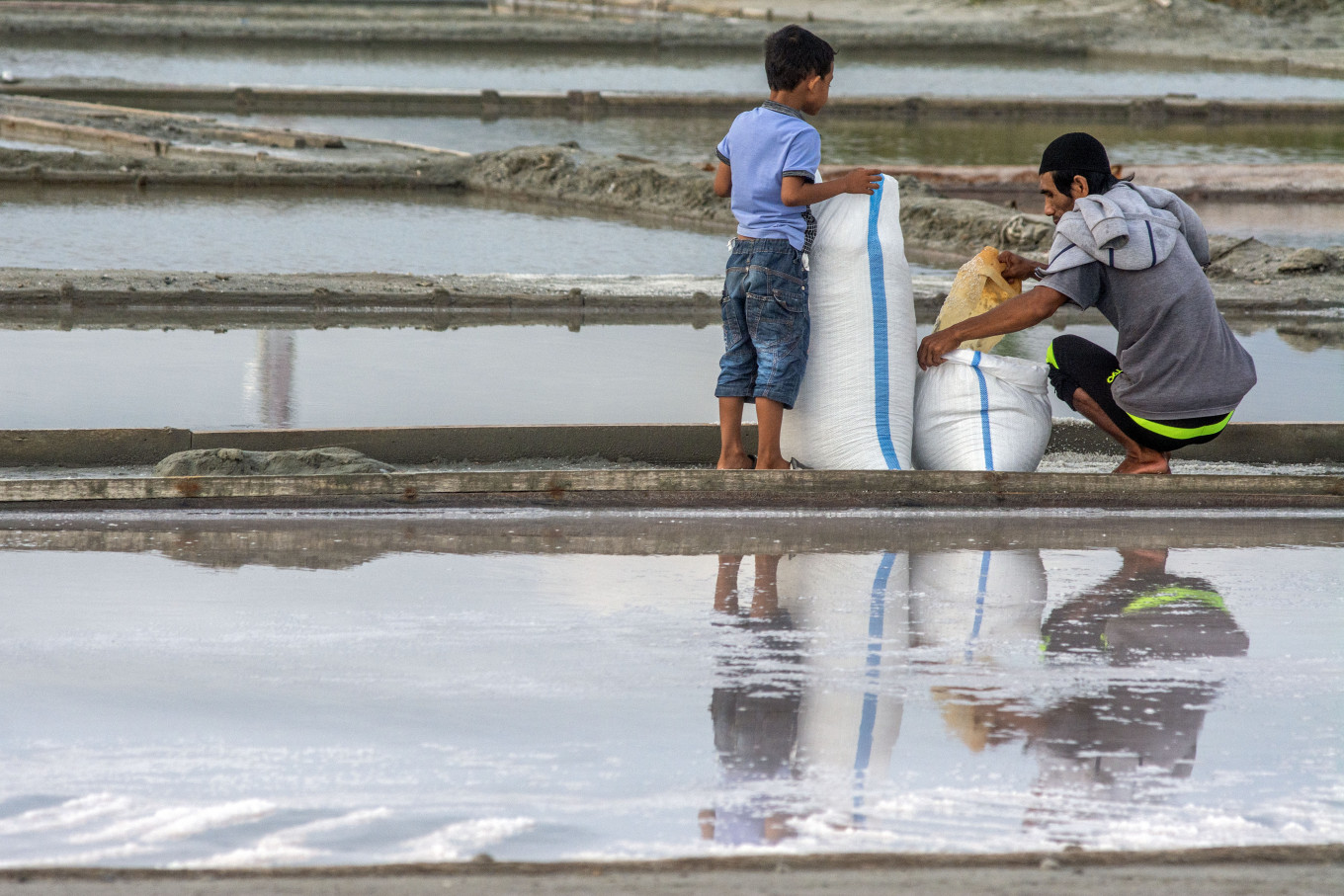The Indonesian government aims to cut its quota on corn, salt and sugar imports next year as part of a major push for Indonesian industry to boost domestic production.
Coordinating Food Minister Zulkifli Hasan said that the import quota in 2025 for the three commodities mentioned above will be lower than the projected demand from local industries.
For example, when Zulkifli said that while the estimated demand for industrial corn this year is about 1.6 million to 1.7 million tons. “We need to force ourselves to improve the quality of domestic corn production to feed into the domestic industry.” He added that the government will continue to approve salt imports for the next two years, but with a reduction in quota volumes.
Zulkifli informed that the import quota for chlor-alkali industry (Chlor-alkali industry, which uses sodium chloride (NaCl) as raw materials for the production of chlorine (Cl2), sodium hydroxide (NaOH), sodium hypochlorite (NaOCl), hydrochloric acid (HCl), sodium carbonate (Na2CO3) and chlorinated powder (Bleaching Powder) will amount to 1.7 million tons in 2025, or 68% of the estimated demand of 2.5 million tons. “We want the rest to be processed domestically so that it can be used in the industry, which we will do our best for the next two years.” He said that in the production of salt for industrial use in the country.
Zulkifli acknowledged that local entrepreneurs need to produce high-purity salt. This is necessary for the chlor-alkali industry to further process. But he expressed confidence that Indonesia can become a self-sufficient country in terms of salt production, including industrial salt. Why can’t we make salt? We can do it,” he said.
Sugar for Industry Zulkifli said the government has reduced its import quota to 3.45 million tonnes, which is lower than last year’s average quota of 5 million to 6 million tonnes per year. He said.
In 2024, according to data from the Ministry of Industry. The industrial demand for imported raw sugar was 4.77 million tons, of which 3.46 million tons were used for processing into pure white sugar in the country.
Another 1.24 million tonnes were taken to the Bonded Warehouse (KB) and the Customs Department Import Relief for Export (KITE), while the remaining 75,000 tonnes were used in the condiments sector. This is based on a report by the Director-General of the Department of Agro-Industry, Ministry of Industry, Putu Juli Ardika in Kumparan on January 6.
In his opening remarks, President Prabowo Subianto declared that Indonesia would be able to become self-sufficient in food and possibly reach the level of the world’s “canteen”. In the next four to five years, this is the goal that the previous president Joko “Jokowi” Widodo has tried but failed.
From January to September this year. The Indonesian Statistics Office (BPS) reported a huge influx of imports of important food commodities such as Rice imports alone reached 3.23 million tons, followed by sugar at 3.66 million tons. Soybeans at 2.16 million tonnes and corn at 1.2 million tonnes.
Compared to the import volume in the first nine months of 2023, the volume of rice imports jumped to 80.68 percent, soybeans 15.64 percent, and corn to 44.97 percent.
Office Reviews
Indonesia has plans to reduce import quotas for agricultural commodities such as rice, corn, salt and sugar. It seeks to create food security for self-sufficiency by increasing domestic food production. President Prabowo Subianto declared that Indonesia must be able to become self-sufficient in food and possibly reach the level of the world’s “canteen”. In the next four to five years, this is the goal that the previous president Joko “Jokowi” Widodo has tried but failed.
อย่างไรก็ตาม การเปลี่ยนแปลงสู่การพึ่งพาตนเองภายในประเทศของอินโดนีเซียเป็นเรื่องที่ท้าทาย ด้วยความต้องการของภาคอุตสาหกรรมอาทิสินค้า น้ำตาล และเกลือ ที่ต้องการสินค้าที่มีคุณภาพดีและสม่ำเสมอ ขณะที่ปัจจัยการผลิตสินค้าเกษตรให้ตรงตามความต้องการของอุตสาหกรรม อาทิ เทคโนโลยีการเกษตรและการวางโครงสร้างพื้นฐานของการแปรรูป ของอินโดนีเซียยังมีข้อจำกัด จึงเป็นโอกาสของผู้ประกอบการไทยในการขยายเทคโนโลยีแปรรูปสินค้าเกษตร เช่น น้ำตาล และ เกลือ ผ่านการผลักดันความร่วมมือทางการเกษตรในการหารือทวิภาคี การสร้างและขยายความสัมพันธ์ทางการค้าระหว่างสองประเทศในธุรกิจข้างต้น









